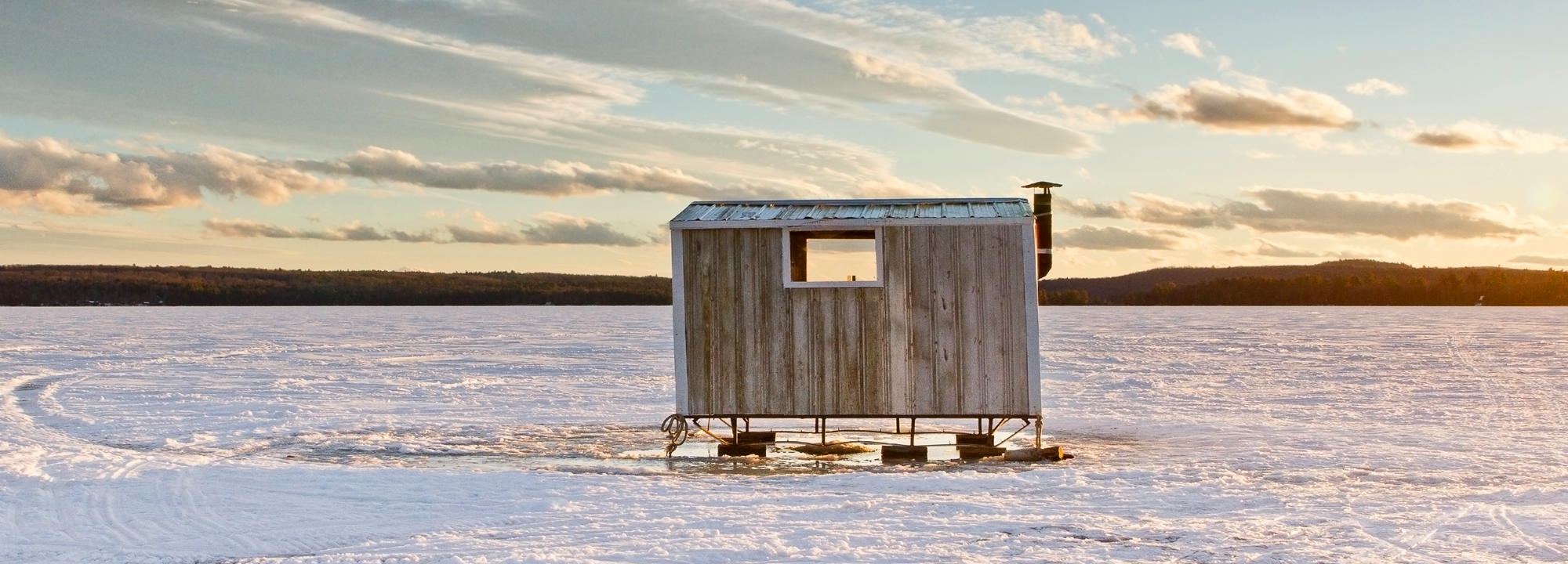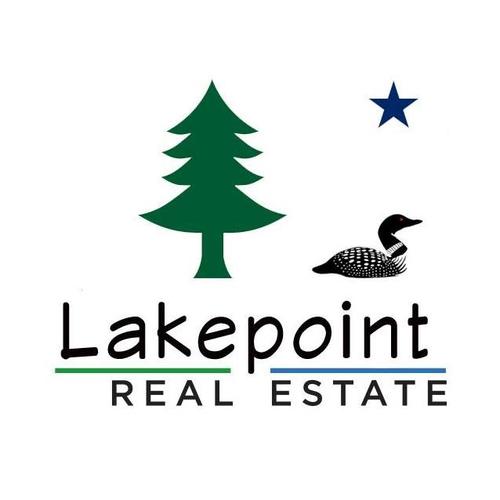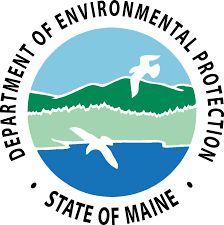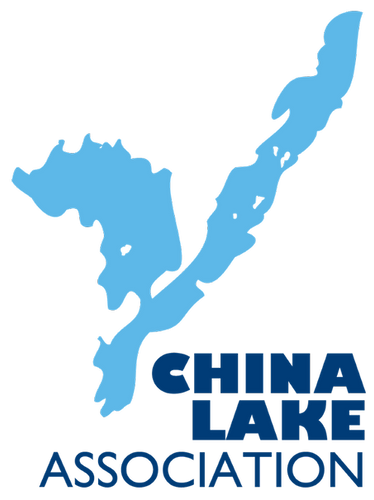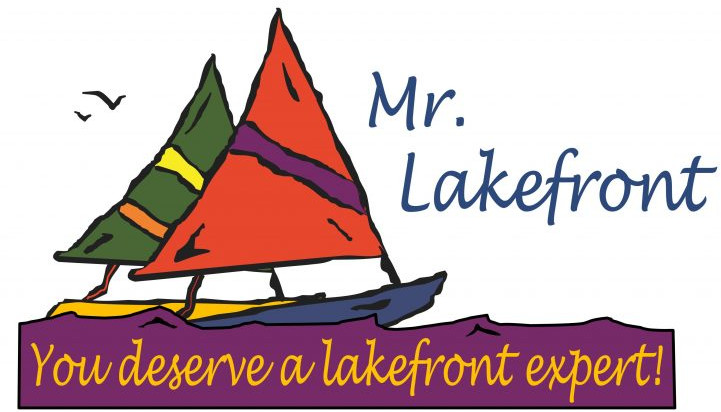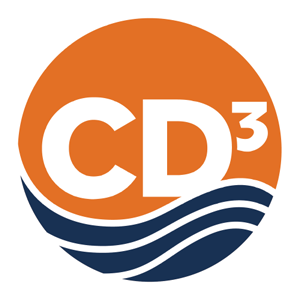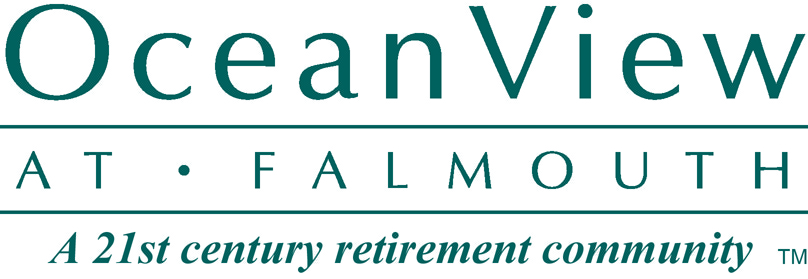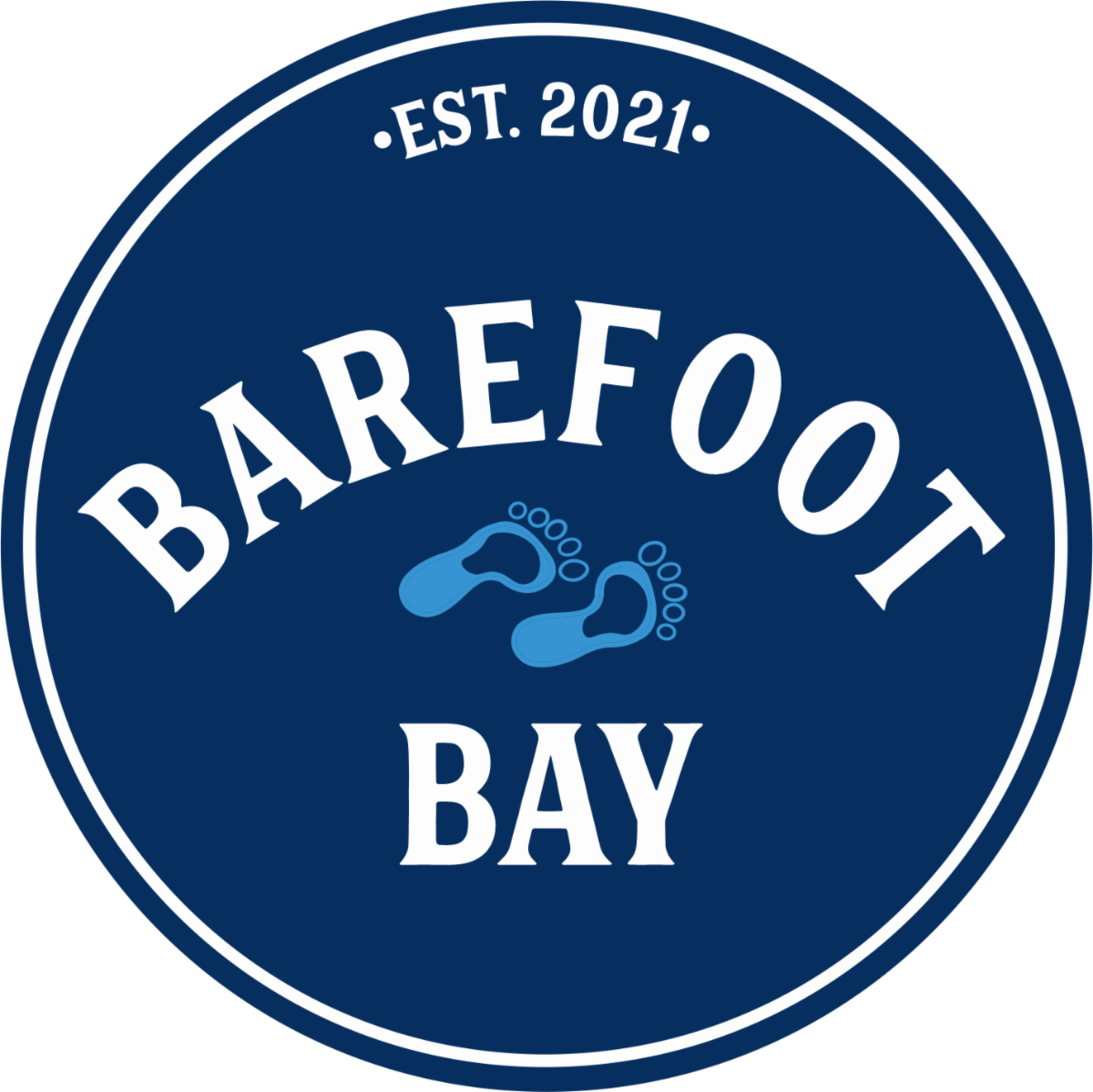2023 joint Maine lakes Conference: Together for healthy lakes
Saturday, June 17, 2023
8:30 Am - 4pm
China lake conference center
255 neck road
china, ME
Hosted by maine lakes and
Lake stewards of Maine
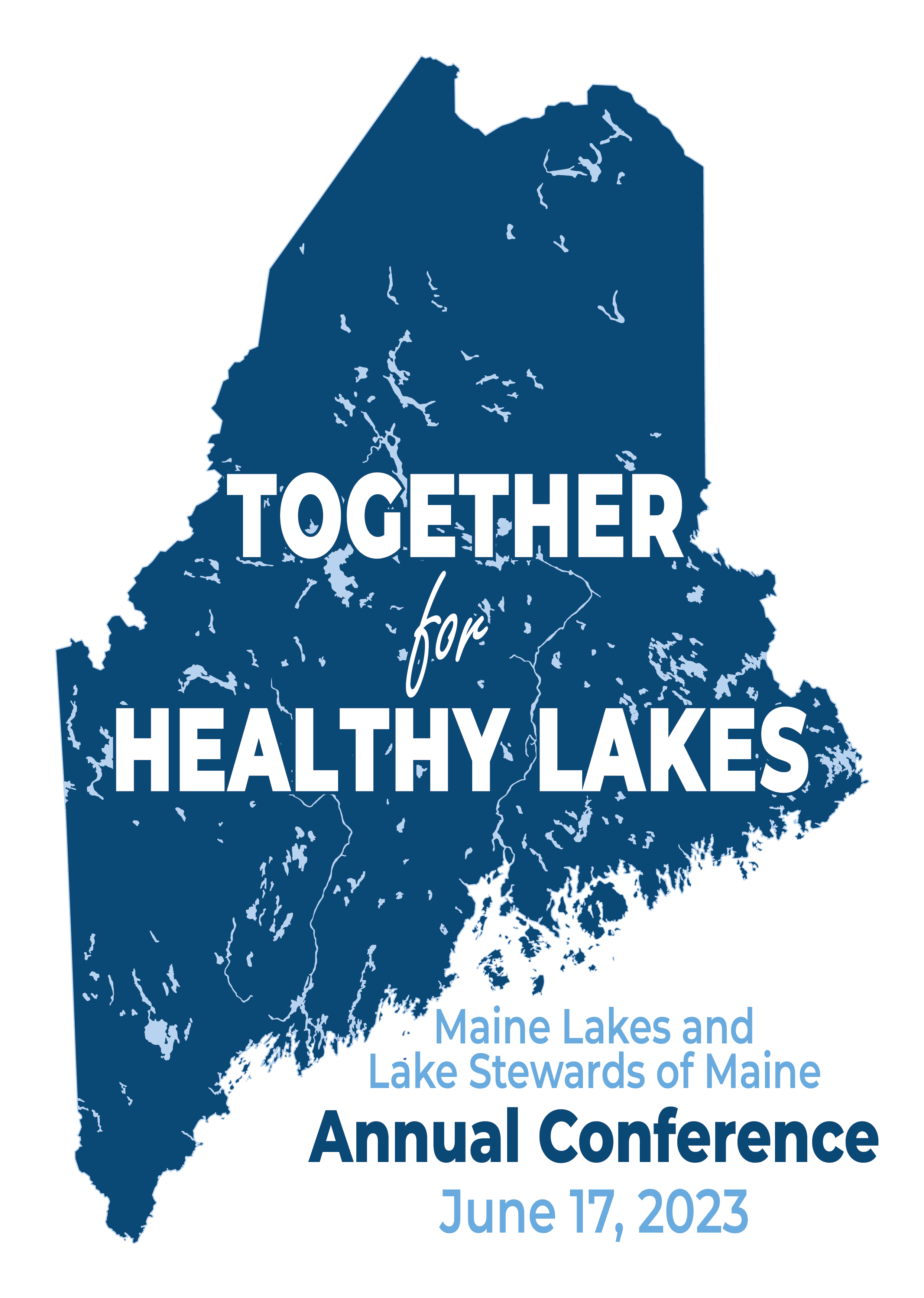
Guest Speakers, abstracts & presentation slides

Alex earned a master’s degree from the University of New Hampshire. Although his degree is technically in Zoology, he spent his time researching toxic cyanobacteria in the ab of Jim Haney, so Alex just tells people he’s a limnologist and not a zoologist. He spent 17 years working to protect public drinking water supplies, and in November of 2021 started working to protect all lakes as the NPS Grant Program Coordinator at the DEP. Email Alex
About 3 years ago, the DEP’s NPS Grants Program started talking making waves about not funding rip-rap projects, yet a policy is still not finalized. Why has it taken so long? What is the status of the policy? How does this affect shoreline stabilization projects? Alex answers these questions and more during this talk.
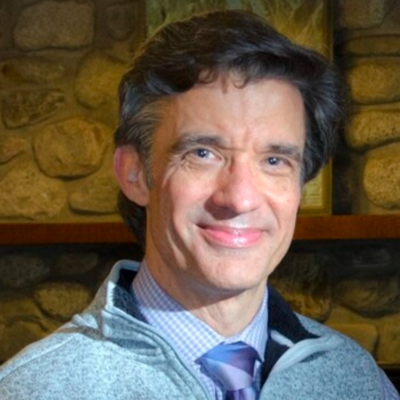
Anthony earned a master’s degree in public administration from the University of Texas at Tyler. He served 15 years in municipal government, including three years as Belgrade’s town manager, and started as Winthrop Town Manager on June 5th of this year. Prior to that, he spent a year as the director of communications and operations for 7 Lakes Alliance, an accredited land trust and lake conservation organization based in Belgrade. He and his wife own a camp on Great Pond in Belgrade. Email Anthony
What is each side expecting in a town government-NGO collaboration? What works and what doesn’t when it comes to matters such as ordinances that address lake protection, seeking town funding, conveying the importance of water quality to a community’s local economy, and impressing the need to invest in lake protection measures. Success stories will be shared!
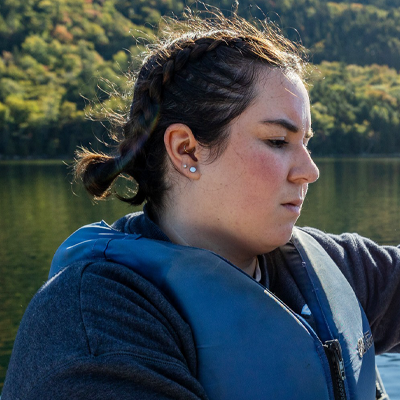
Originally from Alabama, Avery received B.S. and M.S. degrees in Environmental Science from Auburn University. Though she knew she wanted to pursue some form of research that combined science and human impacts on the environment, it was not until her M.S. research that she found her passion for paleolimnology. Paleolimnology uses lake sediment to reconstruct past lake environments and uniquely layers storytelling into science. Her M.S. research focused on studying nutrient dynamics, cyanobacteria, and cyanobacterial toxins in Florida lakes. Wanting to continue in the paleolimnological field, she followed the high concentration of lakes northward and began a PhD program in Ecology and Environmental Science at the University of Maine in 2021. Currently, she is studying the effects of climate change on historical harmful algal blooms in Maine lakes over the past 200 years. She looks forward to continuing to do lake research that both answers important scientific questions and has important implications for the surrounding community members. Email Avery
Science is enhanced by engagement with those already invested and implicated in the outcomes. For my PhD research, understanding Maine’s lake history is enhanced by involvement of those concerned with the health and well-being of their lakes—namely, a huge proportion of Mainers. From individual landowners to local lake associations, state-wide nonprofit organizations, the Maine Department of Environmental Protection, and indigenous people groups, engaging with Maine stakeholders throughout the whole research process creates opportunities to make science more understandable and actionable. We at the Lake Ecology Lab at the University of Maine are intentionally engaging communities in Maine as we investigate the impacts of climate change on Maine lakes.

Dave is a certified soils scientist, a licensed professional forester, a licensed site evaluator, and a wetland scientist. He graduated from the University o Maine, Orono in 1975 with a degree in forest management. He recently retired from the Maine Department of Agriculture, Conservation and Forestry as the State Soil Scientist, where he had been for 31 years. Prior to this position, he was the State Site Evaluator for three years with the State Septic System program. Before working for the State, he worked for engineering firms for 10 years. David helped write sections of the septic system rules and continues to assist the septic system program, including the evaluation of many prematurely failed septic systems and septic systems suspected of impacting surface and groundwater quality. He has also designed hundreds of septic systems as a site evaluator, and has conducted annual training workshops for septic system installers for the last 32 years. Email Dave
Georges Pond is a 358-acre lake with a 1-square mile watershed located in Franklin, ME. The lake is listed on Maine’s nonpoint source (NPS) priority watersheds list due to changes in water quality over the past decade- specifically because of nuisance algal blooms which began in 2012. The Georges Pond Association developed a Watershed-Based Management Plan in 2020 that provided a 10-year strategy for reducing phosphorus (P) from the lake and watershed by addressing internal loading and increasing efforts to mitigate NPS pollution. The plan included a septic system vulnerability analysis which identified 102 “at risk” shoreline properties on soils susceptible to septic system short-circuiting. In 2021, GPA received a Section 319, Phase II Watershed Protection grant which included septic system inspections and biomat evaluations for five at-risk septic systems to determine if a “short-circuit” was occurring at no cost to participating landowners. Five biomat evaluations and septic system inspections were conducted over a two-day period in the summer of 2022. As expected, results of these evaluations showed that the two pre-1974 systems were non-functional and a threat to Georges Pond’s water quality. Surprisingly, two of the three post-1974 systems were, in fact, more of a threat to the water quality of Georges Pond than the pre-1974 systems. The results of these field investigations raise concern about the ability of older (pre-1995) septic systems to treat P and prevent it from getting into the lake via groundwater or other means when located on course sandy soils.
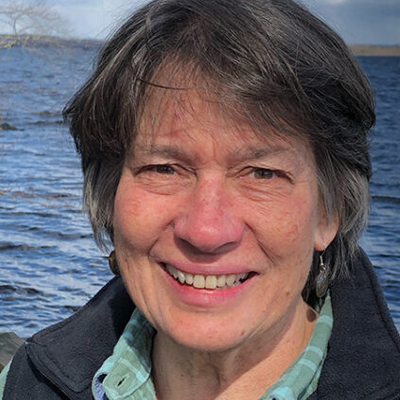
Dianne has a PhD in Biology from the University of Maine, where she studied
harbor seal foraging strategies and mercury concentrations in seals and their prey fish. She was the Staff Biologist for the Penobscot River Mercury Study, which documented mercury contamination, from the former HoltraChem plant in Orrington, in the lower Penobscot River and Estuary. Currently she is a Research Fellow at the in Orono, involved in studies of mercury in freshwater fish and an interdisciplinary study of PFAS in Maine. Email Dianne
Almost 30 years ago Maine issued a statewide fish consumption advisory due to harmful mercury concentrations in the state’s freshwater fish. Today, almost a generation later, mercury concentrations in fish have not changed, yet many do not know the advisory exists. Come on a whirlwind tour to learn where mercury comes from, how it builds up in our freshwater fish, which fish to avoid, which fish to cook up for dinner. and what we can do to reduce mercury pollution of our environment. Historically, all of Maine’s freshwater fish were safe to eat, hear how we can again make that a reality – if not in our lifetime, at least for our children.

Gary has a B.S. in Forest and Wildlife Management from the University of Maine, College of Forest Resources in 1982, and Master of Policy, Planning, and Management 2023. Gary has been the State Horticulturist since 2015, and has managed the Pesticide Programs for the Board of Pesticides
Control for 28 years. He has been an “off and on” practicing Licensed Professional Forester since 1985 (Kents Hill Forestry Services). Gary is the former chair of the Arborist Board and worked as a horticulturist for
ChemLawn Services Corporation for 5 years, 1983 - 1988. Gary grew up in Farmington, Maine. An entomologist from birth, he was inspired to love plants by his Mother, who always grew beautiful roses and rock gardens. Gary is also a landscape and nature photographer. Email Gary
Walk through the dos and don’ts of lakeside planting with the state horticulturalist and an owner of a native nursery. They will share resources, knowledge and tips for success.
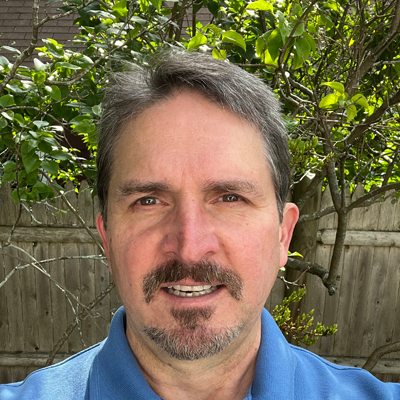
After a long career in healthcare, James has turned to his true passion – conservation and wildlife education. James serves on the Board of the Mahoosuc Land Trust and is an avid naturalist writing about birds and leading bird walks in Western Maine. He joined Maine Lakes this summer to launch the next phase of the Maine Loon Restoration Project titled Look Out for Loons. James invites you to contact him if you are interested in helping preserve this iconic symbol of Maine’s wild and wonderful lakes! Email James
Come learn about ways that you can help Common Loons survive and thrive on Maine’s lakes as a volunteer for the new Look Out for Loons program at Maine Lakes. In collaboration with Maine Audubon, Maine Lakes is looking to build a corp of 75 passionate volunteers who want to work within their communities to reduce disturbance and increase nesting success. Come hear about the top risks for loons in Maine and how the actions by LOFL volunteers reaching out to community members can help reduce those risks and create safer places for loon families to raise their chicks each summer.
Meet with the Maine Lakes’ loon outreach program manager to learn more about what Maine’s loons do in Maine all summer, and how the Look Out For Loons program is helping improve loon success.

Jason is a Fisheries Resource Supervisor for the Maine Department of Inland Fisheries and Wildlife. Jason has worked for IFW for 17 years, and currently manages inland fisheries resources in central Maine and the Midcoast area. Email Jason
Invasive fishes cause irreparable damage to our ecosystems. This discussion will identify invasive fish species that were introduced years ago that are expanding their ranges in Maine, and some species that are fairly new to Maine (identified in recent years).
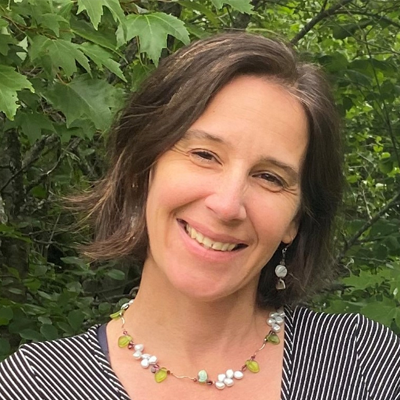
Jen is the owner and Senior Scientist at Ecological Instincts, a small, Maine-based, women-owned environmental consulting firm based in Manchester. Her expertise is in assisting municipalities, lake associations, and watershed groups with
water quality monitoring, watershed assessments, watershed management planning, grant writing, and project management for watershed restoration projects statewide. She has a Bachelor’s degree in Interdisciplinary
Environmental Science from the University of Maine at Farmington, and a Master’s degree in Ecology and Environmental Science from the University of Maine, and is a Certified Lake Manager. Jen is a past President of Maine Lakes and currently serves on the Advisory Board. Email Jen
Georges Pond is a 358-acre lake with a 1-square mile watershed located in Franklin, ME. The lake is listed on Maine’s nonpoint source (NPS) priority watersheds list due to changes in water quality over the past decade- specifically because of nuisance algal blooms which began in 2012. The Georges Pond Association developed a Watershed-Based Management Plan in 2020 that provided a 10-year strategy for reducing phosphorus (P) from the lake and watershed by addressing internal loading and increasing efforts to mitigate NPS pollution. The plan included a septic system vulnerability analysis which identified 102 “at risk” shoreline properties on soils susceptible to septic system short-circuiting. In 2021, GPA received a Section 319, Phase II Watershed Protection grant which included septic system inspections and biomat evaluations for five at-risk septic systems to determine if a “short-circuit” was occurring at no cost to participating landowners. Five biomat evaluations and septic system inspections were conducted over a two-day period in the summer of 2022. As expected, results of these evaluations showed that the two pre-1974 systems were non-functional and a threat to Georges Pond’s water quality. Surprisingly, two of the three post-1974 systems were, in fact, more of a threat to the water quality of Georges Pond than the pre-1974 systems. The results of these field investigations raise concern about the ability of older (pre-1995) septic systems to treat P and prevent it from getting into the lake via groundwater or other means when located on course sandy soils.
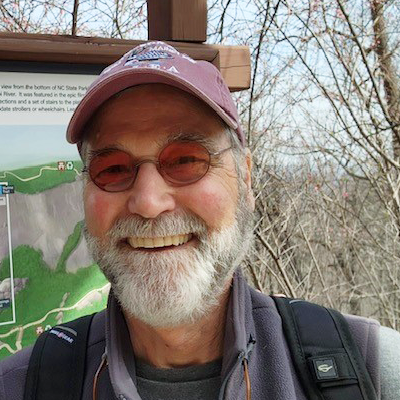
Before becoming a Board Member at TLEA in 2018, Jim was renovating his family’s vacation home on Thompson Lake. Retired from Brown Goldsmiths & Co. in Freeport, he was a jewelry designer/model maker
and sales/manufacturing liaison for over 20 years. Employed previously in the health care industry, Jim worked in Addiction Treatment and Psychotherapy. An avid ocean sailor for many years, Jim has enjoyed his last ten years on Thompson Lake, improving his construction and landscaping skills. An Eagle Scout from Troop 7 in Pelham New York, Jim graduated from Colby with a BA, from the University of Pennsylvania with an MFA, and from Pacifica Graduate Institute with an MA in Counseling Psychology. Jim has reorganized the current YCC at TLEA after it became dormant for three seasons, just before and during the Covid years. This is the second year for the new YCC at TLEA and it joins a previous 18+ years of YCC activity within the 52+ years of TLEA’s existence as a nonprofit organization. Email Jim
Learn more about creating (and maintaining) Youth Conservation Corp crews who focus on erosion-control efforts and other activities that improve lake and water quality. Whitney Baker from 30 Mile River Watershed Association will share an overview of the YCC program, and her perspective from a staffed regional watershed organization. Jim Skinner from Thompson Lake Environmental Association will share his perspective from a lake association that relies on volunteers to run and manage the program. Both speakers will share “lessons learned”, ideas for success, and some of the challenges they’ve faced organizing YCC crews for their lake and their region.
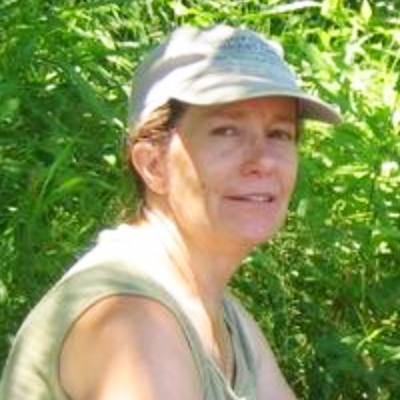
Linda received her MS from the University of Maine in 1987, worked on acid rain projects for 4 years before joining the ‘Lakes’ section at DEP in 1989, and hopes to eventually finish her PhD. Linda is the Lake Assessment Section Leader at DEP, works closely with Lake Stewards of Maine, and has worked on many projects over the past 30 years, including more than a decade of Cyanotoxin research. Email Linda
Linda will provide a brief overview of cyanotoxin results from 996 samples taken during 316 lake visits to 142 lakes. Extent of microcystin production, risk associated with the concentrations observed, precautions to take, and actions for prevention will be shared.
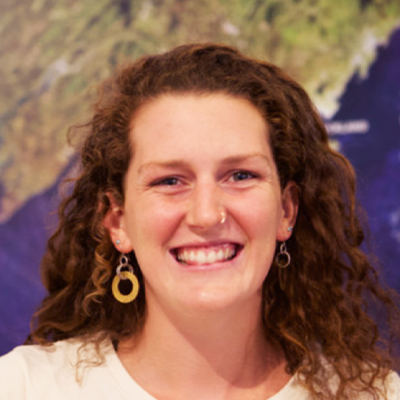
Before joining Wild Seed Project in the summer of 2022, Nell was working in the world of environmental and outdoor education in Maine — as an Island Fellow on Peaks Island establishing an edible schoolyard, as the Outdoor Educator at St. George Elementary School, as a Naturalist in the AMC High Mountain Huts, and most recently as the Garden Educator at the Reiche Elementary School in Portland. She is excited to bring her love of sensory-based learning strategies to this role, and get young people across Maine asking questions about their environments. She holds a BA in Environmental Studies from Bates College. She calls Maine home, and can be found exploring its woods by foot, its roads by bike, and its waters by boat (or sometimes, in a wetsuit). Email Nell
Native plants offer countless benefits beyond their four-season beauty––purifying air, shading and cooling cities, storing atmospheric carbon, minimizing flooding and stormwater runoff and helping to sustain vital pollinators, birds and other wildlife. Learn how to transform where you live by planting native species and adopting better landscape practices. From planting native trees to shrinking your lawn to leaving your leaves, discover the actions you can take to make your yard more biodiverse and climate resilient.
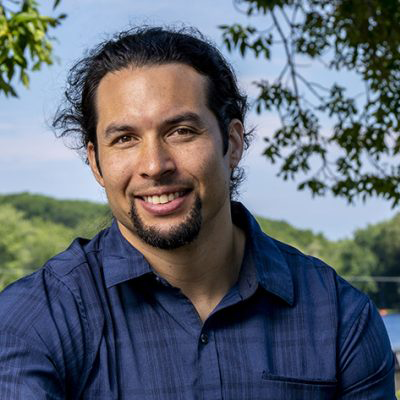
Anthony Sutton, PhD, is Passamaquoddy from Sipayik. He is an Assistant Professor of Native American Studies and Food Systems at the University of Maine and Faculty Fellow at the Mitchell Center for Sustainability Solutions. Sutton’s work focuses on centering Wabanaki visions for the restoration of foodways and fisheries within Wabanaki homelands. Email Tony
For thousands of years, species like Alewives have gathered people and organized them in different places. For Wabanaki, I describe these as sites of sustenance, where food is gathered, management is enacted, and cultural and spiritual wellbeing is sustained. Today, fish are gathering a more diverse set of people from Wabanaki nations, municipalities, citizens, conservation groups, and many more. With the many ideas around how we think about or conceptualize rivers, the original stewards, the Wabanaki, can be obscured. This presentation will bring these voices together more fully by first describing a history that unites why we are gathering in these places and secondly, specific attention is given to amplifying the voices of Wabanaki knowledge, values, and management to inform how we think about rivers, fish, and the people around them today.
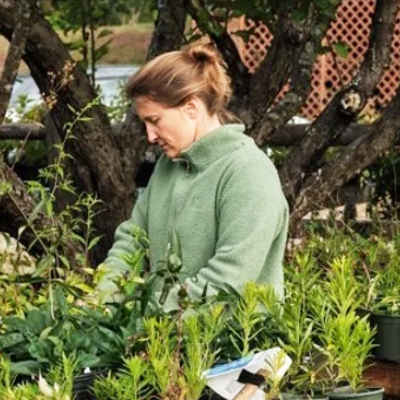
Tracy Weber, Owner, Blue Aster Native Plants,. Blue Aster Native Plants was started in 2019. Prior to that, I was a professional gardener in Maine for 20 years. I became interested in native plants over 10 years ago and was frustrated by how difficult it was to find them in local nurseries, particularly uncultivated species. Then I became involved with a non-profit called Wild Seed Project. I learned how easy it is to grow many native plants from seed and decided to start growing them myself. My goal is to provide a wide range of species, both perennials and shrubs, with as much genetic diversity as possible and to grow them in as sustainable a manner as possible. I'm always learning! Email Tracy
Walk through the dos and don’ts of lakeside planting with the state horticulturalist and an owner of a native nursery. They will share resources, knowledge and tips for success.
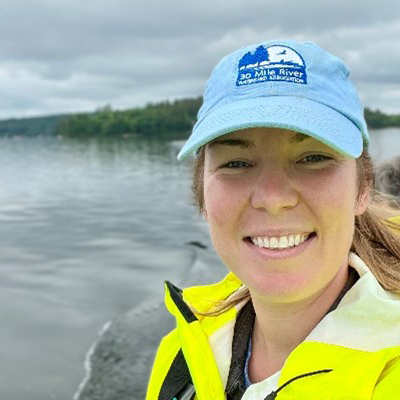
Whitney has a B.S. in Ecology and Environmental Science from the University of Maine. She is an experienced water quality monitor, LakeSmart evaluator, and has over 10 years of professional experience supporting and managing watershed protection and restoration projects for Maine lakes, providing technical assistance to private landowners, town staff, and road groups, working to remediate NPS problems. At 30 Mile, Whitney manages 319 and watershed planning projects, facilitates watershed surveys, and oversees the water quality monitoring, Youth Conservation Corps (YCC), and LakeSmart programs. Email Whitney
Learn more about creating (and maintaining) Youth Conservation Corp crews who focus on erosion-control efforts and other activities that improve lake and water quality. Whitney Baker from 30 Mile River Watershed Association will share an overview of the YCC program, and her perspective from a staffed regional watershed organization. Jim Skinner from Thompson Lake Environmental Association will share his perspective from a lake association that relies on volunteers to run and manage the program. Both speakers will share “lessons learned”, ideas for success, and some of the challenges they’ve faced organizing YCC crews for their lake and their region.

Zach Gosselin attended Husson University and graduated with a BS in Environmental Sciences. Zach spent years in college working for Environmental Projects Inc. as a hazardous waste chemist before moving on to a career in horticulture. Zach currently works for the Androscoggin Valley Council of Governments, where he works as the environmental and resilience coordinator. His responsibilities include assisting municipalities with solid waste and hazardous waste needs as well as assisting towns to enroll in the Community Resilience. Email Zach
This talk is about the role of service providers and regional coordinators in the Community Resilience Partnership and how they can assist your municipalities! The Maine Won’t Wait Climate Action Plan outlines strategies for the state to meet goals to preserve and protect Maine’s environment and help Maine people cope with climate-related changes in our towns and cities. Funding from the Governor’s office on Policy, Innovation, and the Future address these issues with direct grants to communities for any project with a positive impact.
Conference video recordings
Morning Session - Welcome, Advocacy, and Keynote Speaker Anthony Sutton, PhD
Morning Session - Tristan Taber and Zach Gosselin
Afternoon Session - Alex Wong, Linda Bacon, James Reddoch, Nel Houde, Gary Fish, Tracy Webber
Afternoon Session Dinning Hall - Dianne Kopek, Jason Seiders, Avery Lamb
Afternoon Session - Jen Jespersen, Dave Rocque, Whitney Baker, Jim Skinner, Anthony Wilson
annual maine lakes conference Sponsors
Thank you to Hammond Lumber Company, L.L. Bean, Lakepoint Real Estate, Maine Deptartment of Environmental Protection, China Lake Association, The Breathable Home, Ecological Instincts, Gross Minsky & Mogul, P.A., New England Milfoil, Mr. Lakefront, FB Environmental, CD3 Systems, OceanView at Falmouth, Norway Savings Bank, Tabers Restaurant and Golf and Barefoot Bay for their generous support towards the conference
